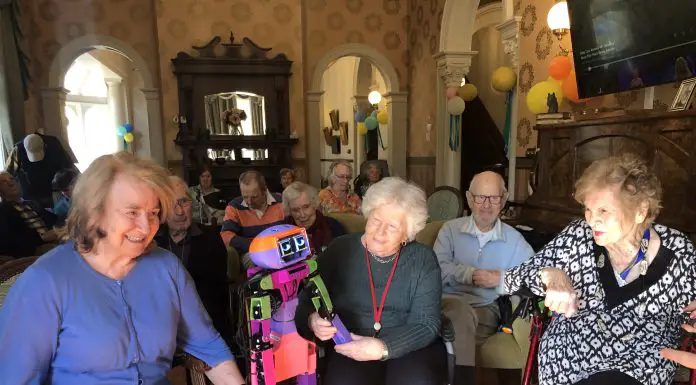
The Aged Care Research & Industry Innovation Australia (ARIIA) conducted a study funded by Appellon to analyse responses to the Care-Rite survey. The survey collected data from older people, family representatives, and staff in residential aged-care facilities. The study aimed to assess the well-being outcomes of residents and the staff’s contributions to these outcomes. The study was conducted in both rural and metropolitan aged care homes and highlighted the importance of social connections and staff time in supporting the well-being of residents.
The background of the study emphasised the importance of quality care for older individuals and the Australian government’s new standards that require providers to focus on emotional, spiritual, and psychological well-being in addition to clinical care. The study also discussed the introduction of quality-of-life measures and the need for providers to report on indicators related to the well-being of residents.
The study aimed to understand how aged care staff can promote well-being in various domains for residents, including social, emotional, psychological, spiritual, physical, and health aspects. The behaviour of care staff, particularly in dementia care, was highlighted as crucial for residents’ well-being.
The study’s aims and objectives included assessing whether residents and families felt their well-being needs were being met, examining staff perceptions of meeting residents’ psychological, emotional, and spiritual needs, comparing responses among the three groups, and identifying opportunities for improving well-being in residential aged care.
The study received ethical approval from the Human Research Ethics Committee of Flinders University.
The Care-Rite survey included questions related to social connections and emotional, spiritual, and psychological well-being. Data was collected from residents, family representatives, and staff in six residential care homes in March 2023.

The study’s results showed that most residents reported that their well-being needs were met, with a majority agreeing that their spiritual, emotional, and psychological choices were identified and fulfilled. Residents also expressed a sense of peace, contentment, meaning, purpose, and connectedness based on the care they received.
The analysis identified four themes from resident responses, including the availability of care when needed, support from family and the community, the role of religious faith activities, and the value of opportunities to talk with staff.
In summary, the study found that most residents and family representatives reported positive well-being experiences. Staff identified strategies to provide support for residents’ well-being. Negative responses were less common and related to staff availability and continuity.









